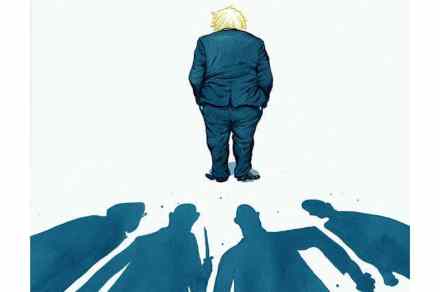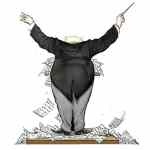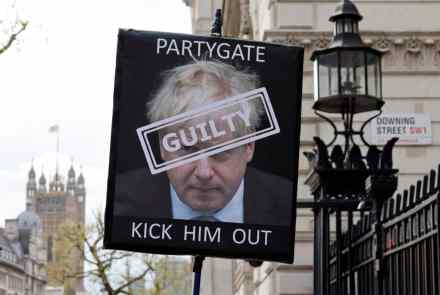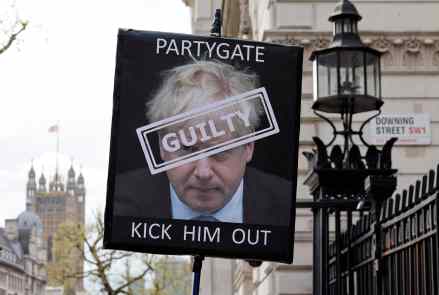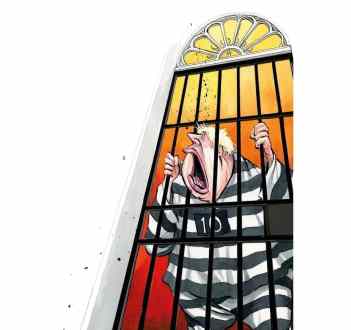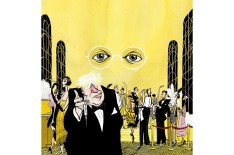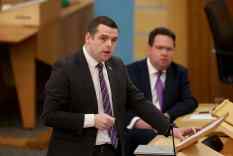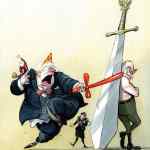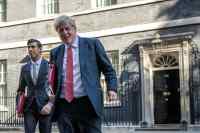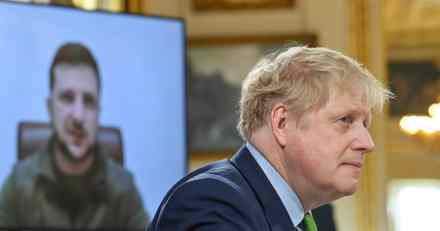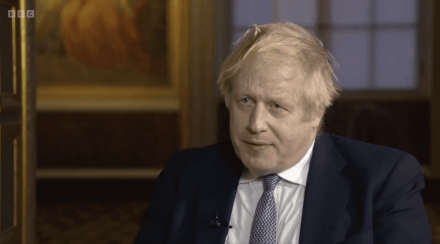Mark Harper is an honourable politician
This is a short story about Mark Harper MP, who is making headlines. These days Harper is probably best known as a backbench critic of Covid restrictions, but he once had a promising career as a minister, including a spell in David Cameron’s cabinet between 2015 to 2016. But that career hit a bump in early 2014 when he quit his post as immigration minister. I was running the Telegraph’s political team at the time. Many ministerial resignations are unmemorable, but Harper’s sticks in the memory. He quit because he learned that a cleaner he paid to look after his London flat did not have legal permission to live and



